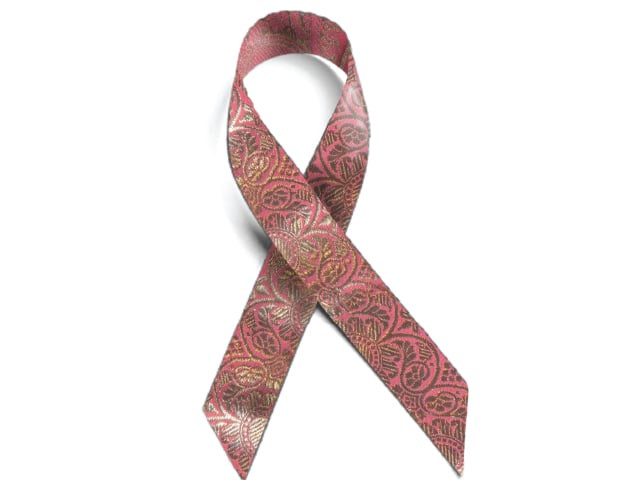City choking on plastic bags
Environmentalists and the city’s sanitation managers have called for a total ban on plastic bags.

“The polythene bag has become our biggest problem. It should be totally banned,” said Dr Javed Iqbal, managing director of the Water and Sanitation Agency (Wasa). “People fill plastic bags with garbage, tie them up and throw them in open drains, blocking the sewer. And it’s a persistent problem because these bags do not decompose.” Blocked sewers encourage the spread of waterborne diseases.
“Plastic bags are a big problem, especially during the rains,” said Waseem Ajmal Chaudhry, managing director of Solid Waste Management. “We intend to develop a system to recycle solid waste but we currently don’t have a system to do that,” he said. Burning plastic bags, a common practice at garbage dump sites, releases harmful pollutants into the air.
Despite the damage that plastic bags do, the people of Lahore continue to use them. A vendor selling halwa puri said he used about 400 small bags a day just to pack channay and chatni, and more than 2,000 bags on Sundays. A waiter at a small restaurant said he used around 200 plastic bags a day. A general store employee said they used 100 plastic bags a day.
Apart from choking drain pipes, blighting the landscape and causing air pollution, plastic bags harm wildlife, too. “Plastic bags kill fish and turtles in ponds, lakes and canals,” said Javeria Tareen, environmental management representative at the World Wide Fund for Nature (WWF). “We need to do something to get rid of the bags but we are doing the opposite: we are making more.”
Plastic bags have been banned at the Lahore Zoo because of the risk that animals could swallow them and choke and die.
The Punjab Prohibition on the Manufacture, Sale, Use and Import of Polythene Bags Ordinance, 2002 makes it illegal to make, sell or use plastic bags that have a thickness of less than 15 microns. Thicker bags don’t tear so easily and the law was meant to encourage their re-use. Violators of the law could be punished with a fine of up to Rs50,000 and/or a prison term of up to three months.
But in a trip to several markets, The Express Tribune found that shopkeepers had no idea what a micron was, let alone the thickness of the bags they were using. A salesman who has been selling plastic bags for the last 12 years said he had never even heard of this law. Without public awareness about the damage done by polythene bags, people will not follow the law.
Environmentalist Rafay Alam from Lahore Bachao urged the government to encourage businesses that manufacture degradable plastic bags. “Some companies are offering them for prices as low as 10 pasisas each.
Our solid waste collection is too weak to deal with recycling. Something needs to be done because not banning plastic bags will hurt everyone,” he said.
Sajjad Saleem Hotiana, secretary of the Environment Protection Department, said the department was trying to enforce the law on the minimum thickness of plastic bags. It had registered cases against illegal bag manufacturers. But, he said, a ban was not being considered. “There are many people associated with this industry,” he said.
Muhammad Younis Zahid, deputy district officer (Environment), said his boss, the executive district officer, had recently taken action against a factory on Bund Road where wholesalers were selling bags that were too thin. Between March 9 and August 11, a total of 3,601 kilogrammes of polythene bags were confiscated from 15 factories in Lahore. These factories were briefly sealed but are now open.
“It is impossible to seal all the factories as thousands of people work there. They will be affected,” he said.
According to the DDO, there are a total of 160 units manufacturing polythene bags and 177 wholesale dealers in Lahore.
The city also has 16 PVC plastic waste recycling units, 52 polythene waste recycling units and 18 polypropylene waste recycling units.
Published in The Express Tribune, November 13th, 2010.



















COMMENTS
Comments are moderated and generally will be posted if they are on-topic and not abusive.
For more information, please see our Comments FAQ